On 18 November, IPS was part of a European seminar in Bilbao, Spain, which brought together criminal justice professionals, restorative justice practitioners, law enforcement agencies, victim support workers, and civil society organisations, to improve victim support responses to hate-motivated and extremism-related harm.
Organised under the IPS-partnered initiative VicTory, the event included participants from Spain, Portugal, Finland, Hungary, Italy, Belgium, and Northern Ireland, who shared experiences from their own countries and worked jointly to develop practical and cross-country solutions to improve multi-agency cooperation in victim support.
Experts identified multi-agency cooperation as a key area for improvement, particularly for victims of hate crime and violent extremism. Such victims often have specific needs, experiencing the harm done to them as an attack on their perceived identity. A well-functioning multi-agency model, with clear standards and protocols, is therefore essential to prevent secondary victimisation.
Moreover, hate-motivated incidents can impact not only the targeted victim but the entire community in which the incident occurred. Consequently, coordinated responses have a more positive impact when they address these broader effects, while also strengthening social trust and ensuring that the rights and needs of victims remain central.
The event also showcased new initiatives and approaches being developed by the transnational partnership to enhance access to support, information, and safe reporting routes for victims affected by hate and extremist incidents.
The presentations opened the space for a secure and collective reflection at the state of victim support across partner countries. Speakers outlined the lessons taken from the national workshops held earlier in the project, including what victims need at the first point of contact and where services face the biggest challenges.
Holistic Radicalisation Prevention Initiative
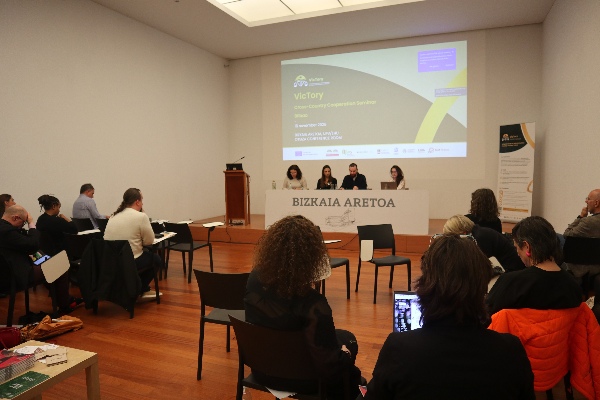
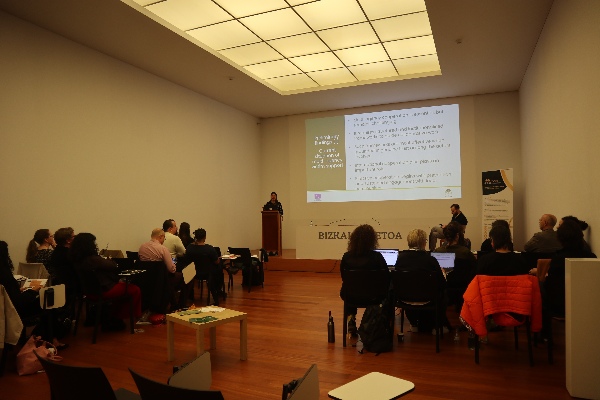
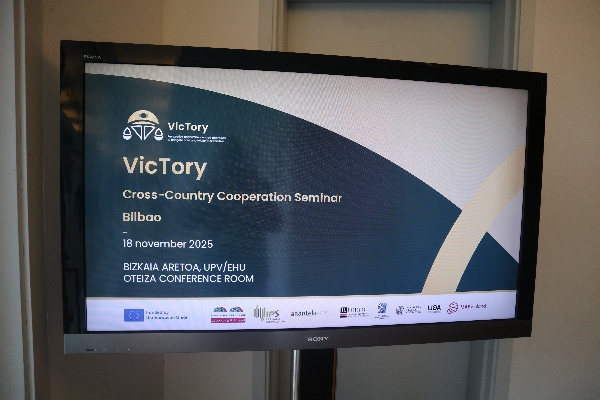
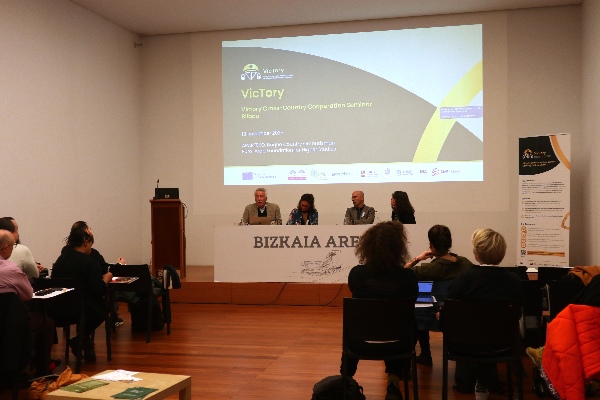
Strengthening victim support
Restorative justice was a central discussion theme, starting with a roundtable with the project’s external expert advisory board, which included representatives from the European Forum for Restorative Justice, and the Spanish Judicial Network for International Cooperation (REJUE). Speakers shared examples of european restorative justice initiatives, lessons learnt, and the importance of this model for victims and perpetrators.
Experts underlined that restorative justice can help victims regain a sense of control and when it may not be suitable. The conversation pointed to the complexity of implementing and applying restorative practices in contrast with the linearity of the general justice system, as a difficulty to overcome. In a question-and-answer format, participants were able to engage in this discussion, raising concerns, sharing their own country’s practices, and deepening conversations about restorative justice in the context of hate or war crimes.
Presenting the main findings from the VicTory National Cooperation Workshops held in each partner country, the project coordinators at the Euro-Arab Foundation for Higher Studies identified national measures that could be used more widely and in other regions. The discussion also covered shortcomings in current systems, such as fragmentation of services and institutional silos, legal gaps and unclear definitions, lack of professional specialised training, and difficulty in ensuring inclusion and adequate representation.
Fostering collaboration in the field of victim support was another of the central themes of the day. Involving justice services, civil society groups, and victim support services, the discussions explored how cross-sector ties can improve policy work and field assistance. Participants split into mixed-country groups to work on potential cross-border ideas. The topics included the conditions needed for smooth cooperation between agencies, first contact with victims, ways to offer support that fits their needs, and the role of justice responses.
Another conclusion shared by different participants regarding how to work from a victim-centred approach was the importance to guarantee the informed self-determination right of victims, and to build a secure space to avoid second victimisation, ensuring proper risk assessment and support based on radical hearing.
These discussions will feed into VicTory’s planned resources, including the multi-agency cooperation framework to be released in 2026. The seminar also gave space to present the tools that are already available for victims and practitioners, such as the Handbook on Good Practices, and the IPS-led online training courses and Information Repository, which provides a detailed source of information for both groups.
Partners will continue refining these tools and preparing the upcoming ones, drawing on the feedback gathered from practitioners during the seminar.
Holistic Radicalisation Prevention Initiative
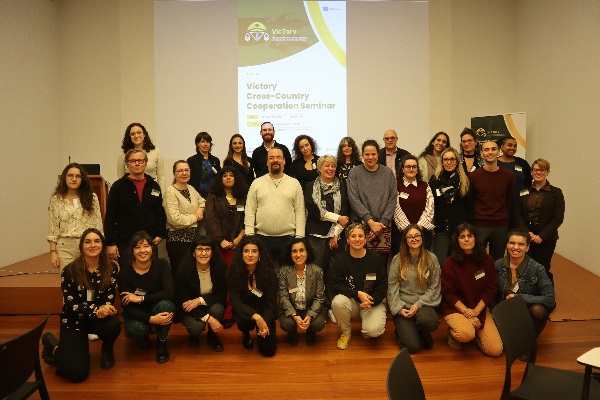
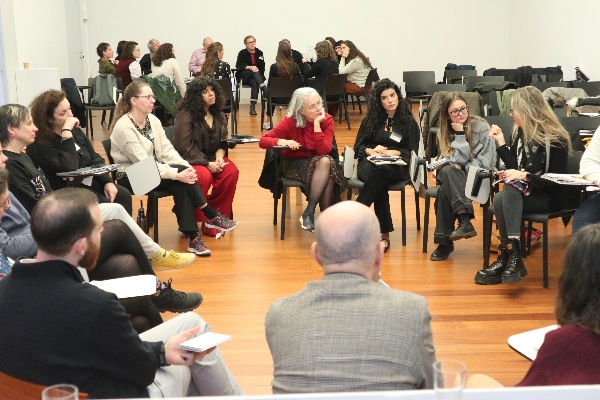
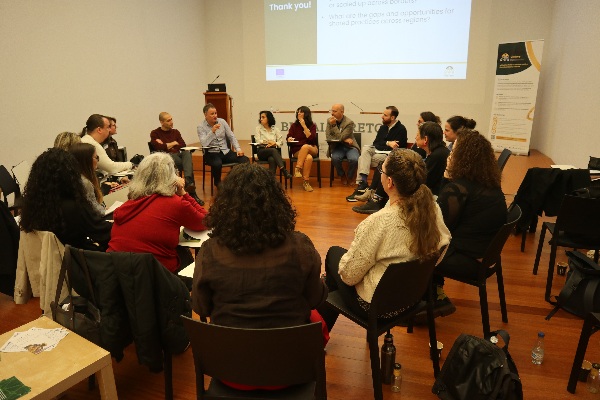
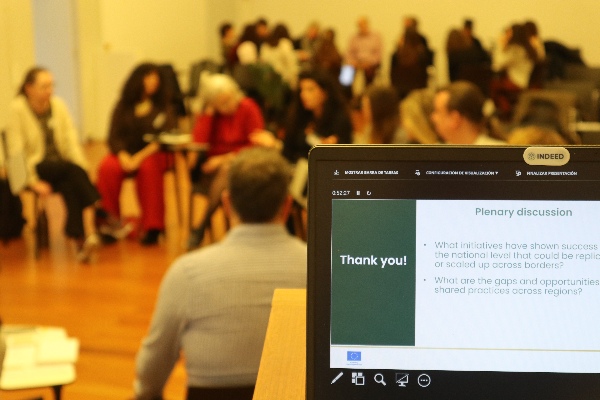
About the VicTory Project
Despite growing concern across Europe, many victims of hate-motivated harm and violent extremism do not report these incidents, often due to fear, stigma, or mistrust in institutions. The VicTory project, a transnational initiative funded by the European Union, addresses this challenge by adopting a victim-centred, restorative-led approach. Its goal is to ensure victims receive the support they need and to empower them to participate actively in the recovery process.
Through a victim-centred approach, which puts the needs, rights, and experiences of victims first, VicTory helps professionals from governmental and non-governmental organisations apply EU legislation and victims’ rights standards effectively. Its restorative-led framework focuses on repairing harm, giving victims a voice, and fostering accountability among those involved.
The project also focuses on enhancing the skills and collaboration of practitioners, including criminal justice professionals, victim support workers, and case managers, so that victims of hate crimes and extremism-related incidents receive better support, guidance, and protection, while ensuring that legislation and best practices are applied consistently across borders.
Holistic Radicalisation Prevention Initiative
Know more about this project
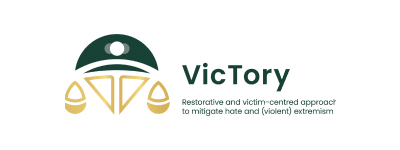
VicTory
Restorative and victim-centred approach to mitigate hate and (violent) extremism
VicTory is coordinated by the Euroarab Foundation for Higher Studies (Spain), in partnership with Ararteko, the Ombudsman of the Basque Country (Basque Country), the Faculty of Law of the University of Porto (Portugal), IPS_Innovative Prison Systems (Portugal), Associazione Carcere e Territorio (Italy), Hungarian Helsinki Committee (Hungary), ILGA Association (Portugal) and Map Finland (Finland).
Learn more from the project page.
Related projects

WAYOUT
Integrated Exit Programme for Prisons and Probation

SHIELDed
Safeguarding symbolic places of personal and religious development and freedom in Europe through a multi-stakeholder approach.

SafeBorders
Strengthening Judicial expertise and Frontline support to combat Child Trafficking

REFUGIN
Communitarian approach for a holistic young refugee long-term integration
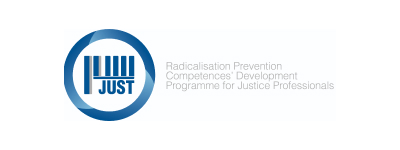
R4JUST
Radicalisation Prevention Competences’ Development Programme for Justice Professionals
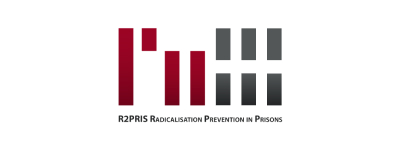
R2PRIS
Radicalisation Prevention in Prisons
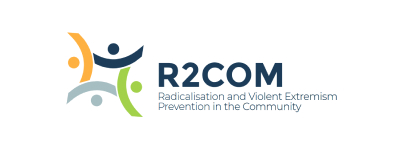
R2COM
Radicalisation and violent extremism prevention in the community

PRACTICIES
Partnership against Radicalisation in Cities

PARTES
Participatory Approaches to Protecting Places of Worship

MIRAD
Multi-Ideological Radicalisation Assessment towards Disengagement

KOBAN
Identifying future capabilities for Community Policing

INTEGRA
Integrated Community, Probation and Prison Services Radicalisation Prevention Approach
Related news

JUSTICE TRENDS Magazine Launches 14th Edition: Expanding the Frontiers of Rehabilitation Support
Read More »
IPS’ CEO joins leading experts at event organised by INTERPOL to discuss the future of offender management
Read More »






